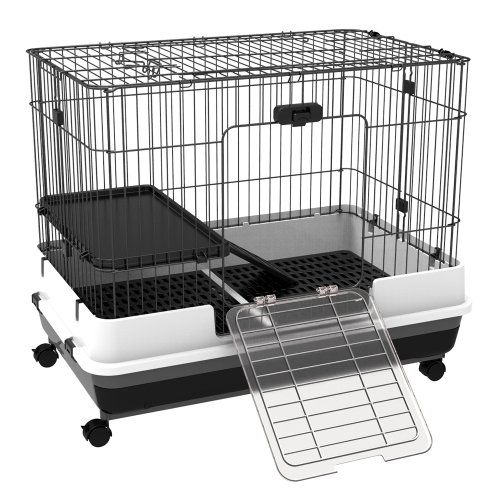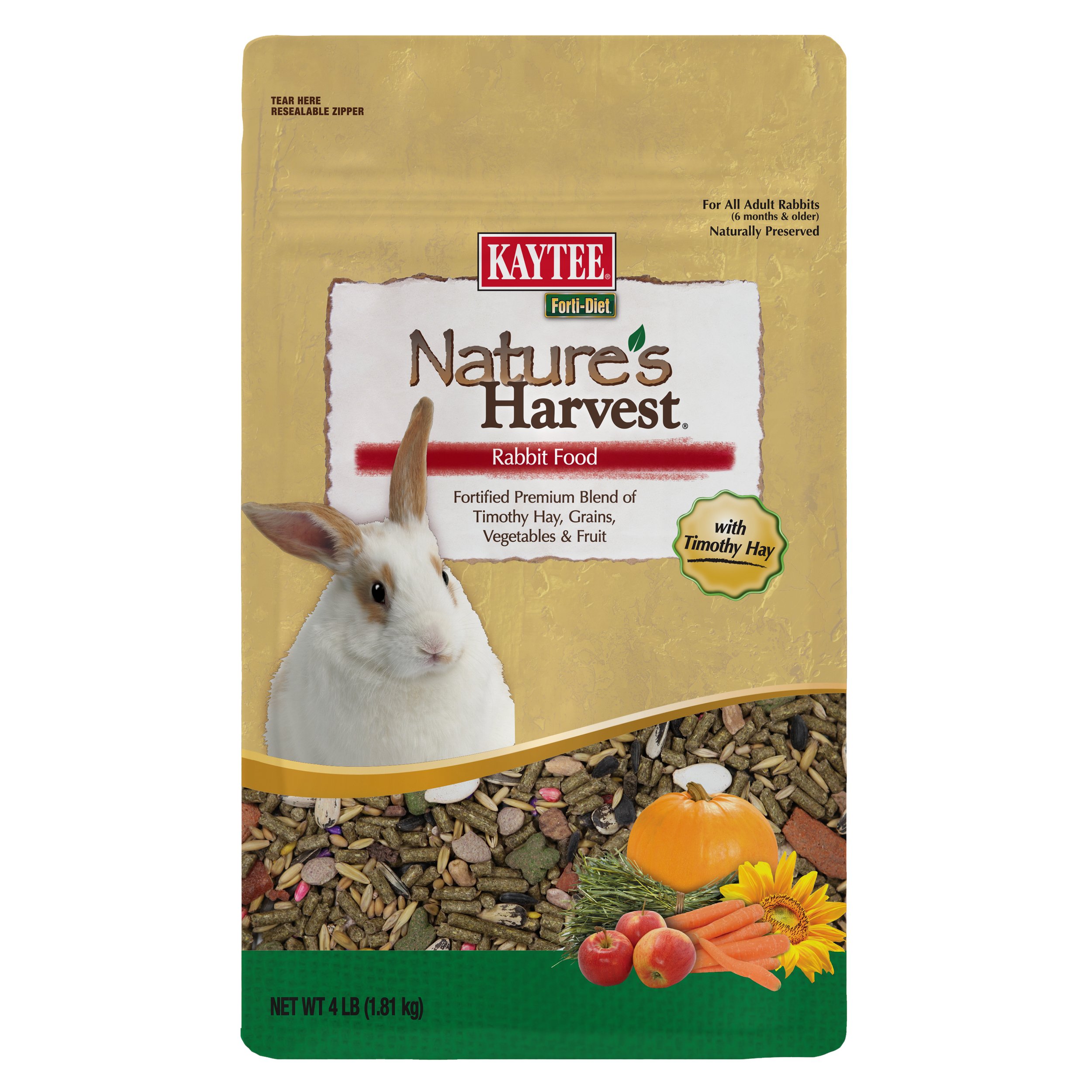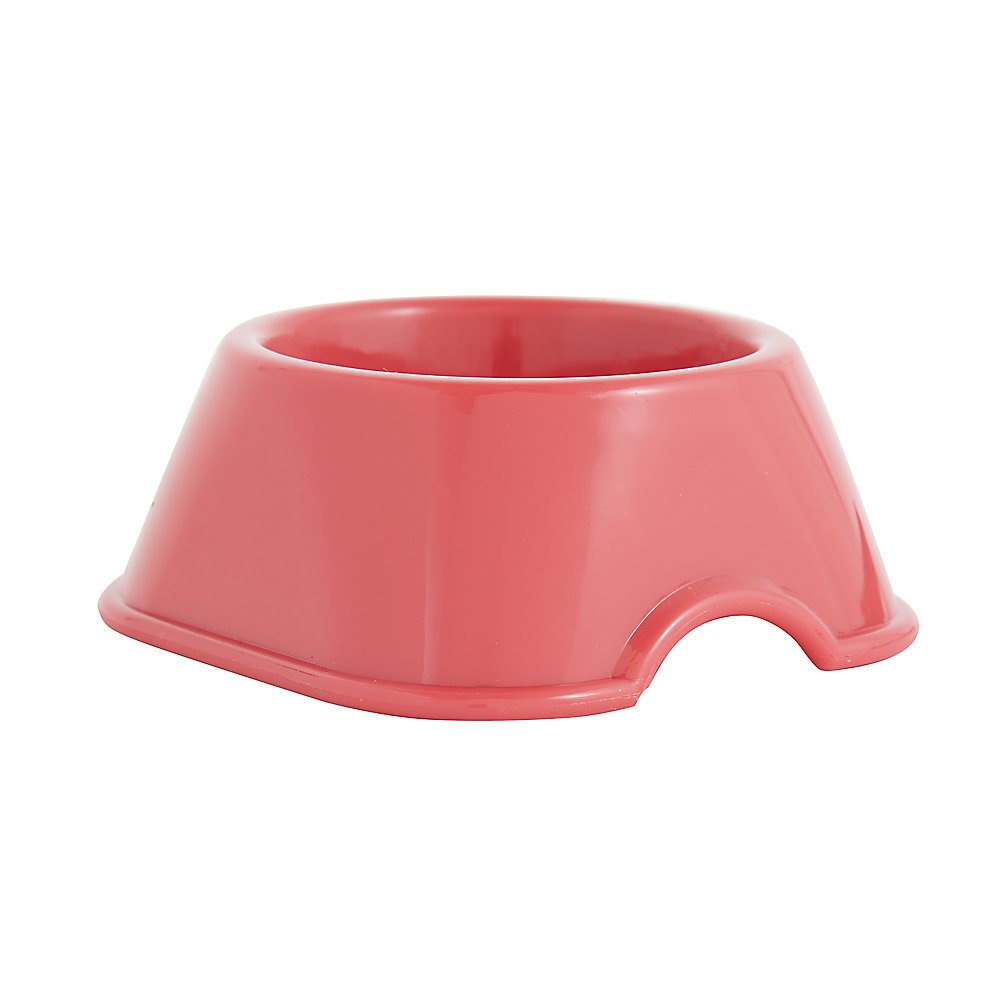
The market is flooded with products that pose risks to the health and safety of your rabbits. In this section, we equip you with the necessary education and insights to steer clear of these detrimental items and empower you to advocate for better standards of care for rabbits.
It's crucial to recognize that many mainstream pet stores prioritize profit over animal welfare. Consequently, a significant portion of their inventory consists of products that are unsuitable, unhealthy, or even hazardous for rabbits.
Join us in safeguarding the well-being of our furry friends by staying informed and spreading awareness about the dangers of such products. Together, we can strive towards enhancing the lives of rabbits everywhere.
In the gallery below we will highlight items to avoid for the safety of your furry companions.

















Why should these products be avoided?
-
When you visit a pet store, you'll notice their rabbit section often lacks suitable enclosures. They typically offer either overpriced "starter kits" or expensive hutches, which are far too small and unsuitable for long-term housing.
We always pose the question: "If you were a bunny, how would you want to live?" Neither humans nor animals thrive in cramped spaces; this constitutes neglect and can be considered animal cruelty.
Once you add essentials like a litter box, dishes, toys, and a hideout, there's little room left for your rabbit to move around in a cage or hutch.
Ideally, a single bunny should have a minimum of a 4x4 foot space, supplemented with daily exercise and enrichment outside of their enclosure.
Please visit our housing section for additional information and housing recommendations.
-
The pet industry is flooded with products that can be unsafe and even toxic to our pets. This is especially true when it comes to food and treats, so it's crucial to be vigilant about what you purchase.
It's important to steer clear of products that contain unnecessary fillers, dairy, sugars, seeds, dried fruits, and other potentially harmful ingredients.
For recommendations on safe and nutritious supplies, please refer to our food and diet section.
-
Using unsafe litters for rabbits can pose serious risks to their health and well-being. Here are some reasons why certain litters should be avoided:
Toxicity: Some litters contain chemicals, fragrances, or additives that can be toxic to rabbits if ingested or inhaled. These substances may cause respiratory issues, allergic reactions, or even poisoning.
Digestive Problems: Rabbits are notorious for nibbling and ingesting materials around them. Litters made from clay, clumping materials, or certain woods can cause digestive blockages if swallowed.
Respiratory Issues: Dusty litters, especially those made from materials like cedar or pine shavings, can lead to respiratory problems in rabbits. Their sensitive respiratory systems can be irritated by airborne particles.
Skin Irritation: Abrasive or harsh materials in some litters can cause skin irritation or even injuries to a rabbit's sensitive feet.
Unsafe Ingestion: Rabbits may accidentally ingest small particles of litter while grooming. If the litter is not safe for ingestion, it can lead to gastrointestinal issues or poisoning.
To ensure the safety of your rabbit, opt for litters specifically designed for small animals, such as paper-based or pelleted litters that are dust-free and non-toxic. Always avoid litters with added fragrances, chemicals, or potentially harmful ingredients. It's essential to prioritize your rabbit's health and choose litters that provide a safe and comfortable environment for them.
Litters to avoid
When choosing litter for rabbits, it's important to avoid certain types that can be harmful to their health and well-being. Here are types of litters that should generally be avoided for rabbits:
Clay-based litters: Clay litters, especially clumping varieties, can be harmful if ingested by rabbits. They can cause gastrointestinal blockages, which are serious and potentially life-threatening.
Cedar and pine shavings: These types of wood shavings contain aromatic oils (phenols) that can be irritating to a rabbit's respiratory system and sensitive skin. They may also contribute to liver damage over time due to continuous exposure.
Corn cob litter: While corn cob litter is biodegradable, it can harbor mold and mildew if it gets wet. Moldy bedding can cause respiratory issues and other health problems for rabbits.
Cat litter (especially clumping): Cat litter, particularly clumping varieties, should never be used for rabbits. If ingested, clumping litter can expand and cause gastrointestinal blockages, leading to severe health issues or even death.
Scented or perfumed litters: Fragrances added to litter can irritate a rabbit's respiratory system and cause allergic reactions. Rabbits have sensitive noses and can be easily overwhelmed by strong scents.
Shredded newspaper with ink: Newspaper ink can contain chemicals that are harmful to rabbits if ingested or absorbed through their skin. While plain, unprinted newspaper can be used, care should be taken to ensure it's not ingested in large amounts.
Safe alternatives include:
Paper-based litters: These are typically made from recycled paper and are safe for rabbits. They are absorbent, dust-free, and non-toxic.
Pelleted litters: Made from compressed sawdust or paper, pelleted litters are also safe and absorbent. They are less likely to be ingested compared to loose bedding materials.
Hay: Hay can be used as both bedding and food for rabbits. It provides a comfortable bedding option and encourages natural foraging behaviors.
When selecting litter for your rabbit's habitat, prioritize their safety and comfort by choosing materials that are non-toxic, dust-free, and suitable for their unique needs. Regularly clean and replace the litter to maintain a clean and healthy environment for your rabbit.
-
Avoiding unsafe toys for your rabbits is crucial to their health and well-being for several reasons:
Ingestion Hazard: Rabbits are curious animals that explore their environment with their mouths. Toys made from materials that can be easily chewed or ingested, such as plastics or soft rubber, pose a risk of causing gastrointestinal blockages if swallowed.
Toxic Materials: Some toys may be made from materials treated with chemicals or paints that are toxic to rabbits if chewed or ingested. These substances can lead to poisoning and serious health complications.
Sharp Edges or Points: Toys with sharp edges, points, or small pieces that can break off present a risk of injury to your rabbit. They can cause cuts, abrasions, or even become lodged in your rabbit's digestive tract.
Unsafe Construction: Toys that are poorly constructed or easily breakable can create hazards. Fragile toys may splinter or break into small pieces that can be swallowed or cause injuries.
Incorrect Size: Toys that are too small can be a choking hazard if your rabbit tries to swallow them. Always choose toys that are appropriate in size for your rabbit's breed and size.
Lack of Mental Stimulation: Rabbits need mental stimulation to prevent boredom and behavioral issues. Safe toys encourage natural behaviors like chewing, digging, and tossing, which are important for their physical and mental health.
To ensure the safety of your rabbit, opt for toys that are specifically designed for rabbits or small animals. These toys are typically made from safe materials such as untreated wood, natural fibers, or safe plastics. Always supervise your rabbit during playtime with toys to monitor their interaction and prevent accidents. Regularly inspect toys for signs of wear and replace them as needed to maintain a safe environment for your rabbit.
Visit our behavior and enrichment section for safe items to enhance your rabbit's environment.
